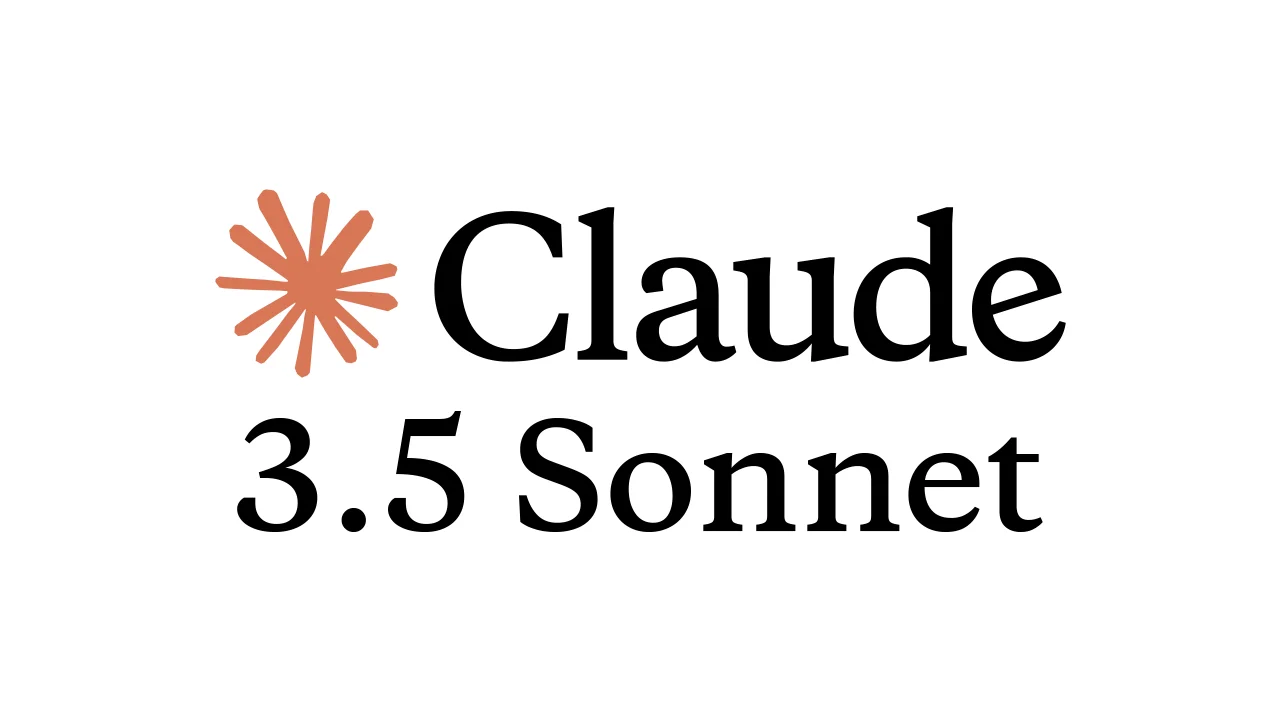Artificial Intelligence
A Comprehensive Review of Claude AI: The Evolution of Machine Intelligence
 Quest Lab Team
Quest Lab Team
Claude AI, developed by Anthropic, represents a significant leap forward in artificial intelligence, blending innovation with practicality. Since its inception, Claude AI has consistently pushed boundaries, emphasizing safety, scalability, and ethical AI development. Recently, the introduction of Claude 3.5 Sonnet and Claude 3.5 Haiku has set new benchmarks in AI capabilities, particularly in coding and computer interaction.
Introduction to Claude AI
Anthropic introduced Claude AI as a frontier in human-centered artificial intelligence. Named after Claude Shannon, the father of information theory, the system embodies the principles of ethical and innovative AI development. From its early iterations to its latest versions, Claude has been designed to assist developers, businesses, and researchers in tackling complex challenges.
Claude 3.5 Sonnet: A Paradigm Shift in AI Coding
The upgraded Claude 3.5 Sonnet offers remarkable improvements over its predecessor, particularly in coding tasks. With a verified performance boost on industry benchmarks, including SWE-bench Verified and TAU-bench, Sonnet showcases unparalleled expertise in software engineering. These enhancements make it a preferred choice for developers aiming to streamline multi-step software development processes.
"The advancements in Claude 3.5 Sonnet have redefined the standards for AI-powered coding, delivering unparalleled efficiency and precision."
Leading organizations, such as GitLab and Cognition, have leveraged Claude 3.5 Sonnet for tasks ranging from DevSecOps to autonomous AI evaluations. The model's ability to handle complex planning and problem-solving tasks with improved reasoning and no added latency underscores its transformative potential.
Claude 3.5 Haiku: Speed Meets Precision
Claude 3.5 Haiku introduces a balance between speed and advanced capabilities. With performance surpassing its predecessor, Claude 3 Opus, on several benchmarks, Haiku has emerged as a powerful tool for user-facing applications and specialized tasks. Its low latency and enhanced accuracy make it ideal for generating personalized experiences and managing vast datasets.
- Improved Efficiency: Haiku's ability to perform complex coding tasks at high speed.
- Enhanced Instruction Following: Delivers more accurate responses and results.
Groundbreaking Computer Use Capability
Claude AI's latest feature, computer use, bridges the gap between AI and human-like interaction with digital interfaces. Developers can now direct Claude to perform tasks such as navigating web interfaces, filling forms, and automating repetitive processes. This innovation opens up possibilities for AI applications across industries.
Pioneering Interaction
Claude's computer use capability is still experimental but demonstrates the potential for:
- Streamlining software testing and development.
- Automating complex workflows with precision.
Early adopters like Asana and Canva have already begun exploring the possibilities of this feature, achieving efficiency in multi-step tasks that require high precision. This capability, though nascent, represents a significant leap in AI-human interaction.
Safety and Ethical Considerations
Anthropic's commitment to safety is evident in its rigorous testing of Claude AI models. Collaborations with global safety institutes have ensured that Claude's advancements align with responsible AI development principles. The ASL-2 Standard continues to guide its deployment, minimizing potential risks associated with cutting-edge AI.
"Safety and responsibility remain at the core of Claude AI's evolution, ensuring technology serves humanity effectively."
Our Approach
This analysis focuses on a detailed comparison between Claude 3.5 Sonnet (claude-3-5-sonnet-20240620) and GPT-4o models. To ensure a thorough evaluation, we considered benchmarks, community datasets, and in-house experiments to validate results.
- Performance Metrics: Latency and Throughput
- Comparison on Benchmarks
- Experimental Evaluation: Data Extraction, Classification, Reasoning
Performance Metrics
Latency
Claude 3.5 Sonnet demonstrates significant speed improvements over its predecessor, yet GPT-4o maintains a competitive edge in latency metrics.
Throughput
While Claude 3.5 Sonnet achieves a throughput of approximately 3.43x higher than Claude 3 Opus, GPT-4o shows consistent token generation rates of ~109 tokens/second since its release.
Evaluation Tasks
Task 1: Data Extraction
The models were assessed for their ability to extract fields from legal contracts, including clauses and terms. GPT-4o outperformed in identifying key details, with notable consistency in most parameters.
Both models identified 60-80% of fields correctly, but advanced prompting strategies are necessary for high accuracy.
Task 2: Classification
Customer support ticket resolution was used as the test case. GPT-4o showed superior precision (86.21%), minimizing false positives. Claude 3.5 Sonnet, however, introduced improvements in specific areas, outperforming GPT-4o in several cases.
Task 3: Reasoning
In reasoning tasks such as analogies, GPT-4o scored higher (69%) compared to Claude 3.5 Sonnet (44%). However, both models excelled at specific types of verbal reasoning tasks like analogies and opposites.
Overall, GPT-4o emerges as the leader in most evaluated metrics, though Claude 3.5 Sonnet demonstrates competitive improvements in precision and specialized tasks. Tailored prompting remains crucial for maximizing performance.
Future Prospects
As Claude AI continues to evolve, its potential applications span diverse sectors, from education to enterprise solutions. The introduction of features like computer use underscores the model's versatility and forward-thinking design. With ongoing feedback from developers and users, Claude AI is poised to redefine how artificial intelligence integrates with human workflows.
Anthropic's vision for Claude AI reflects a blend of innovation, responsibility, and user-centric design. As the AI landscape advances, Claude AI stands out as a beacon of progress, offering tools that empower individuals and organizations alike.

Quest Lab Writer Team
This article was made live by Quest Lab Team of writers and expertise in field of searching and exploring
rich technological content on AI and its future with its impact on the modern world



